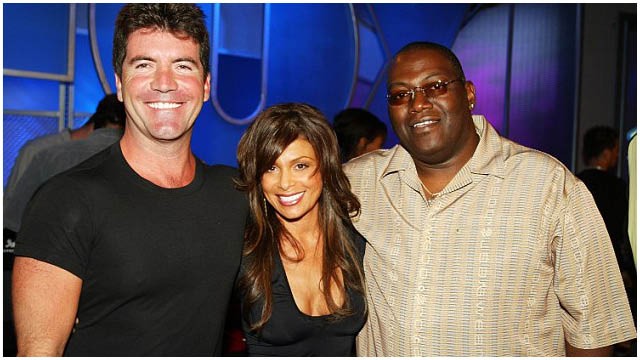Simon, Paula and Randy’s opinions were originally written law and every teenage girl fell in love with a rock singing, make-up wearing superman. 2008 (Season 7) was an incredible year for American Idol and I fell in love with a man dressed in skinny jeans and makeup to match (Dad obviously approved).
After 15 seasons of the Fremantle Media giant, it was announced last Monday that this season would be the last of American Idol (although I can’t really remember the last time I actually watched an episode?) Still, Kelly Clarkson’s “Since you’ve been gone” has been the soundtrack to my life, and is still frequently belted out with housemates and a bottle of red on a FRI-YAY. Idol has indeed been a huge part of society, television and media from my early awkward (Lambert)-teens through to my just-as-awkward adulthood. Exceeding a decade in the US, the ‘Idol’ brand has since been circulated globally. With 43 countries producing and airing the show, many have released multiple seasons, countries including India, Kazakhstan, Philippines and even Nigeria. It seems the reality phenomenon that took the world in the millennium may soon be coming to a demise.

Engrained into the industry and watched by millions of household viewers, the news doesn’t come as a shock with rocky viewership numbers as early as 2012, the shows lowest rated season ever. It’s been a long time since the reality giant has produced a chart topping artist, last years winner Caleb Johnson’s “Testify” flopping off the back of the show, with worst album debut. In Season 7 (2008), the stats reflected 29% of viewers were 35-29. With a shift in the music industry and major labels, the last half decade has seen the rise of the self-made muso via the internet. Soundcloud streaming registers 70,000 a day alone, aiming at music’s newest mainstream demographic, 15-26 year olds. Booming industry newbies such as NetFlix are also on the rise, traditional TV viewing dropping 12% last year in the US.

The internet is helping to make music more accessible worldwide and, sites allow artists to easily create, manufacture and distribute their own work. With the rise in social media, big brands and major labels are no longer a necessity in crafting musicians careers. Self- promotion and fan base growth are heavily dependent on these social sites. Instagram topping tops the lot, with the highest amount of visits per day world wide. Not only that but free and subscription services such as Soundcloud and Spotify are actually allowing unsigned artists to gain recognition for their music. Next Big Sound’s 2014 industry report saw close to 450 billion online plays in comparison to 2012’s 100billion, across multiple streaming sites. This is a clear indication of power of music online, moving away from older traditional mediums such as radio and TV.
Reality TV is, after all, partially scripted. With 15 seasons and multiple spin off’s, are audiences turning to a new medium to discover raw talent? We’re left to wonder whether Idol and various other talent shows alike are on the way out for good, and if this blow to the Idol reinforcement signals the end of the manufactured pop-star worldwide?
What are your thoughts? Do you think it’s the end of the Idol era? Be sure to let us know your thoughts and tag us @flavourmag OR #flavourmag
By Mali-Koa Hood Guest editor of the month May 2015.














